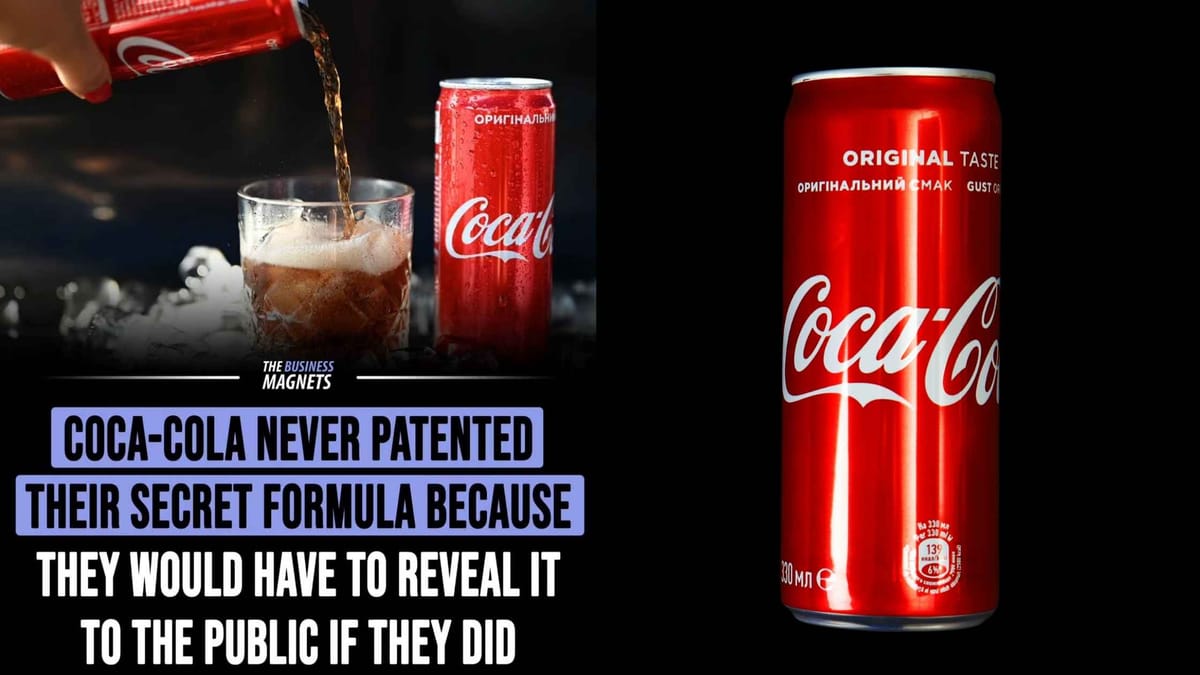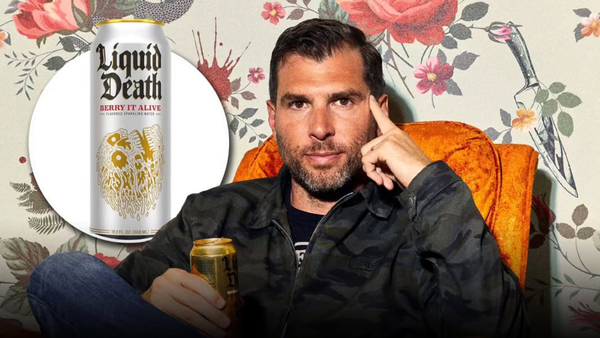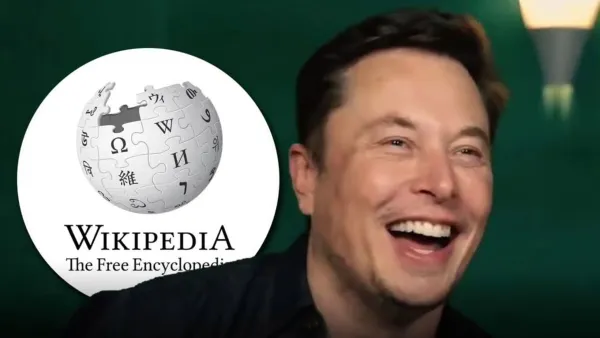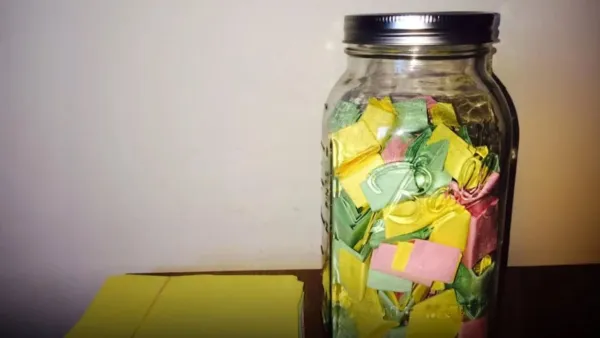The Art of Keeping Secrets: How Coca-Cola Made It Work
The Coca-Cola formula, often referred to as "Merchandise 7X," represents one of the most successful examples of trade secret protection in business. The decision to forgo a patent wasn't accidental—it was a brilliant strategic move.

Why Not a Patent?
Patents provide legal protection but come at a cost: public disclosure. Patents expire after 20 years, and once the protection ends, anyone can legally replicate the invention. For Coca-Cola, this risk was far too great. By choosing to safeguard their recipe as a trade secret instead, they ensured indefinite protection—provided the formula stays confidential.
The Vault and the Legend
Coca-Cola's secret isn't just a formula—it's a story. The company has leaned into the mystery, transforming it into a marketing powerhouse. The recipe is reportedly secured in a vault at the World of Coca-Cola museum in Atlanta, Georgia. Only a handful of trusted employees are said to know the full formula, and even then, it's rumored that no one person has access to all its components at the same time.
This air of secrecy has elevated the brand's allure, turning what might seem like a simple drink into a global phenomenon.
The Power of Trade Secrets in Business
Coca-Cola isn't alone in leveraging trade secrets. From KFC's "11 Herbs and Spices" to Google's search algorithm, businesses rely on secrets to maintain competitive advantages. Here’s what we can learn from Coca-Cola:
- Mystery Drives Curiosity: People love a good secret. Coca-Cola's mystique creates constant fascination.
- Strategic Protection Over Time: Trade secrets can last forever if properly guarded, unlike patents with limited lifespans.
- Trust is Everything: Protecting a trade secret requires strict protocols and unwavering trust among employees.
Key Takeaway for Entrepreneurs
If you're building a business with a unique product or process, ask yourself: Should I patent this, or can I protect it as a trade secret? If your innovation is easy to reverse-engineer, a patent might be necessary. But if your product's magic lies in its process—like Coca-Cola's recipe—consider the power of secrecy.
Sometimes, the most valuable asset isn’t what you sell—it’s what you keep hidden.




